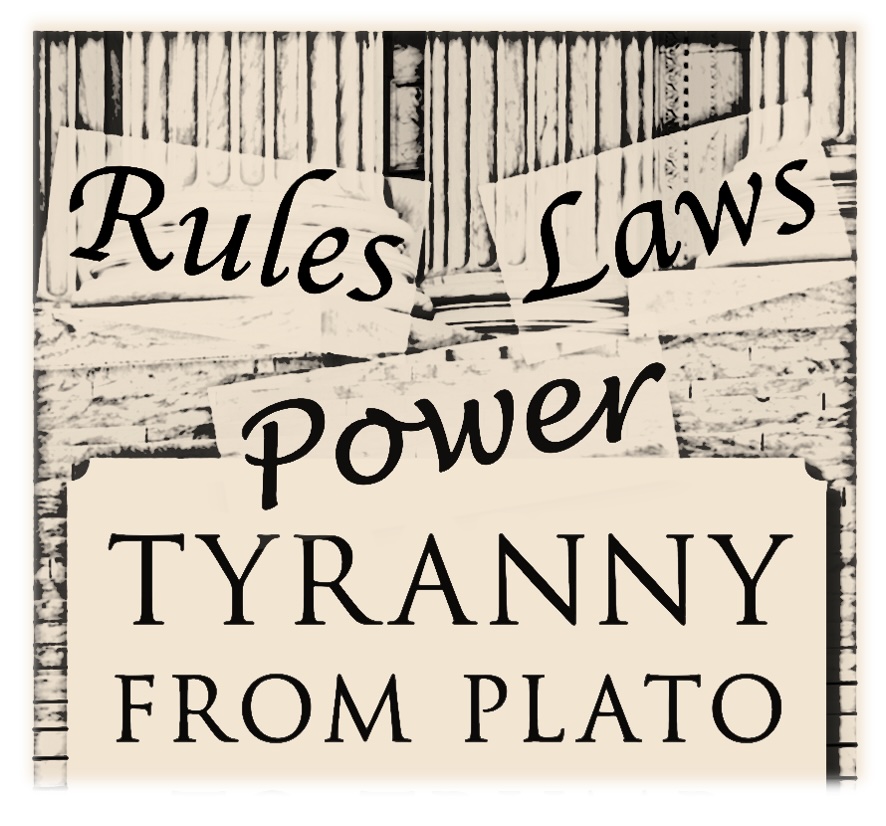This week, an arsonist burned ballot boxes in Washington and Oregon. This attack on the vote is, thankfully, a rare occurrence. But it is an ominous warning of threats to our rule-governed democracy.
Our country has established an orderly, rule-governed process for elections. Unfortunately, the rules have been recently disputed, specifically when Donald Trump challenged the idea of a rule-governed process when he refused to admit defeat in 2020. Some Americans are now confused about why the rules even matter to begin with.
Sadly, a number of Americans seem to admire a willingness to break the rules. A Marist poll from April of this year found that 41% of Americans agreed that “America has gotten so far off track that we need a leader who is willing to break some rules to set things right.” Fifty-six percent of Republicans agreed with that sentiment, as did 28% of Democrats.
This result was reiterated by a more recent poll from the Public Religion Research Institute which found that a third of Americans, and 55% of Trump supporters, agreed with the need for a “strong leader willing to break the rules.”
This attitude is Machiavellian and authoritarian. What matters, from this perspective, is gaining power. It does not matter how this is achieved because the end justifies the means.
This cynical idea is morally disastrous. It can be used to justify cheating in the whole of life. The cynic thinks rules are for suckers. And for some arch-cynics, rule-breaking becomes a way of life. What matters to the Machiavellian is outsmarting the saps who follow the rules.
Tyrants think that rules are made by the powerful for their own self-interest. From this standpoint, if you can rewrite the rules to maximize your own power, you’ve won. Not only have you defeated the old system, you’ve also created a new system in your own image.
In response, we ought to reassert the value of a rule-governed world. Rules create stability, structure and order that benefit everyone. Shared allegiance to a system of rules defuses violence and helps establish the possibility of social trust and cooperation. Shared rules allow us to plan for the future and develop common projects.
We rely upon rules to think, communicate, create and build. Grammar, logic, music and mathematics are fundamentally systems of rules. The sentence you are reading now makes sense because it follows the rules of the English language. The rules of language are mostly a matter of custom and habit. They are arbitrary but also important.
Games are like that, too: You can’t make a forward pass beyond the line of scrimmage in football, despite there being no necessary reason for that rule. Someone made it up long ago, and now we just play along. But if you break the rule, you’ll be penalized. And if you refuse to play according to that rule, you are not really playing football.
The legal system is presumably less arbitrary. Some laws appear to reflect the necessary “laws of nature,” as the Declaration of Independence put it, including the self-evident right to life, liberty and happiness. But the legal system also includes conventional and arbitrary elements, including laws about driving, paying taxes and voting.
The electoral college and our winner-takes-all system of voting does not reflect a law of nature. Rather, this system is a social and historical construction. This means that the system can be changed. But there are rules for changing the system, as defined by the Constitution and its amendment process. Burning a ballot box does nothing to change those rules. Nor does refusing to concede an election.
The American system of checks and balances is supposed to prevent a tyrant from corrupting the system of rules. But that system depends upon public trust. Beyond institutional checks and balances, we, the people, need to remind ourselves that rules matter.
The Machiavellians are wrong. The end does not justify the means. And those who are willing to break the rules to gain power are a threat to the very idea of a rule-governed democracy.
Read more at: https://www.fresnobee.com/opinion/readers-opinion/article294831724.html#storylink=cpy



